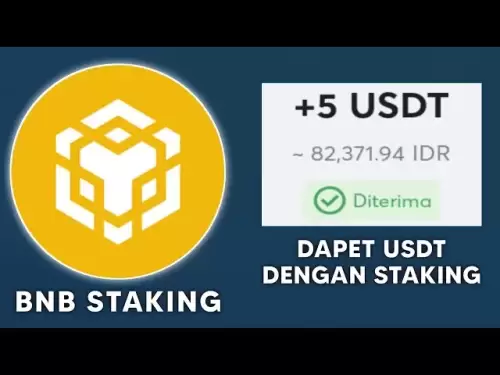Singapore's MAS tightens regulations for digital token service providers, aiming to balance innovation with robust oversight of money laundering risks. What does this mean for the industry?

Singapore's Monetary Authority (MAS) is stepping up its game when it comes to regulating digital tokens. These moves are sparking debate and causing some companies to rethink their Singapore strategy.
The Lay of the Land: MAS and Digital Token Regulations
MAS is serious about ensuring Singapore remains a trusted hub for digital assets. The central bank's moves are all about balancing innovation with the need to manage risks, especially those related to money laundering and terrorism financing. The latest regulations require Digital Token Service Providers (DTSPs) catering exclusively to overseas clients to obtain a license or cease operations by June 30.
Key Insights and Developments
- Tightened Oversight: MAS is raising the bar for licensing, signaling a commitment to rigorous oversight.
- Clarity for Some: Licensed providers serving Singaporean customers face no immediate changes. They can also serve overseas clients.
- Impact on DTSPs: Some DTSPs are considering relocating to jurisdictions with more lenient regulations, like the UAE or Hong Kong.
- Talent Migration: Industry sources suggest that a significant number of professionals are considering relocation due to the regulatory changes.
- MAS's Response: MAS maintains that these changes shouldn't be a surprise, as they've been communicating this direction since 2022.
My Take: A Necessary Evolution?
While some may view these regulations as a roadblock, they could be a necessary step in the long run. Singapore's proactive approach to regulation can foster greater trust and attract serious players committed to responsible innovation. Think of it like this: a well-regulated environment might be a bit tougher to navigate initially, but it creates a more sustainable and secure ecosystem in the long haul. Moreover, while there is risk of talent migration, there is also opportunity to focus on real-world applications and responsible digital asset innovation that boosts efficiency and creates economic value.
Industry Voices
Reactions are mixed. Some industry observers believe the new rules provide regulatory clarity and support responsible innovation. Others warn of potential talent drain. Grace Chong from Drew & Napier highlights the focus on stability, integrity, and consumer protection. Hannah Puganenthran from Independent Reserve Singapore notes that the new rules could level the playing field, encouraging firms to be proactive and responsible. But, she also raised a valid concern of potential excessive standards to non-fund-handling entities, and could drive valuable talent out of Singapore.
Looking Ahead
MAS isn't just about tightening rules. They're also exploring the potential of digital assets through initiatives like Project Orchid and Project Guardian. These projects aim to develop a digital Singapore dollar and explore the use of blockchain for trading digital assets.
Wrapping Up
So, what does all this mean? Singapore is serious about digital assets, but they're not throwing caution to the wind. They're aiming for a sweet spot: innovation with a healthy dose of regulation. It's a bold move, and it'll be interesting to see how it plays out. Will Singapore become the gold standard for digital asset regulation, or will the talent and innovation flow elsewhere? Only time will tell, but one thing's for sure: the digital asset landscape is anything but boring! Stay tuned, folks!
Disclaimer:info@kdj.com
The information provided is not trading advice. kdj.com does not assume any responsibility for any investments made based on the information provided in this article. Cryptocurrencies are highly volatile and it is highly recommended that you invest with caution after thorough research!
If you believe that the content used on this website infringes your copyright, please contact us immediately (info@kdj.com) and we will delete it promptly.













































































